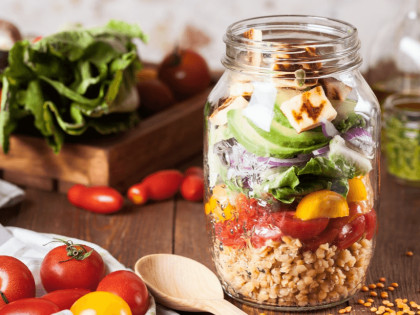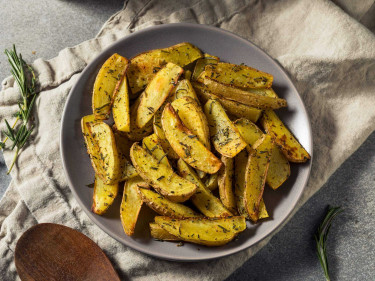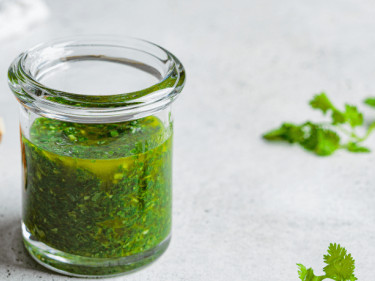During pregnancy your body undergoes major changes so that your body can support growing baby. What you eat contributes to many things. This includes how your body adapts to pregnancy, how it manages common pregnancy issues such as nausea, constipation and fatigue. Nutrition also sets up the path for the future health of your baby, as well as your own health well beyond pregnancy.
About two thirds of pregnant women aren’t aware of what types of food to eat, how much of each food group to eat, or what nutrients are important during pregnancy.
Key nutrients needed for a healthy pregnancy include iron, folate, vitamin D, choline, zinc, calcium, iodine and omega 3. If you are planning a pregnancy, it is a good time to check out the healthiness of your usual eating patterns, and make some tweaks. The goal is to include foods that are rich in these nutrients and work towards a healthy weight range. Adopting healthy lifestyle habits before pregnancy provides a strong foundation for a healthy pregnancy.
Knowing what types of foods to eat, and how much, can feel overwhelming. Even more so if you’re trying to stick to a budget and feed a young family! To help, our team of dietitians and nutritionists have created two healthy and budget friendly, weekly meal plans. These include 7 breakfasts, lunches and dinners for a family of two adults and a toddler for less than $140 per week, with all the recipes located on our No Money No Time website.
Use these resources to help your family boost their healthy eating. We’ve included snack ideas to increase key fertility and pregnancy nutrients, both yours and your partner’s. To help you navigate the supermarket and unfamiliar ingredients, we’ve included both pictorial and written shopping lists, with quantities needed for the week.
Click here to access our NMNT Family Meal Plans*:
Meal Plan Week 1 (with shopping lists)
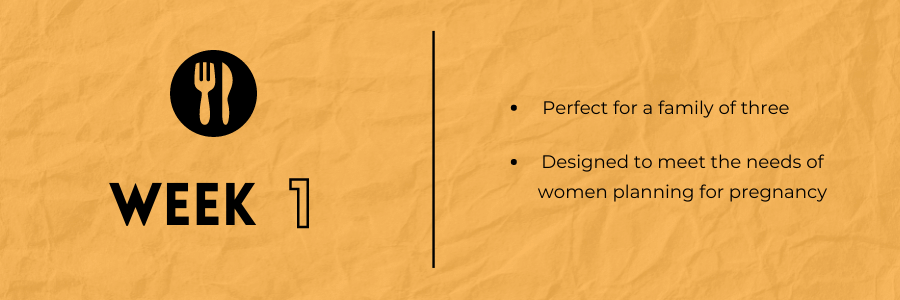
Meal Plan Week 2 (with shopping lists)
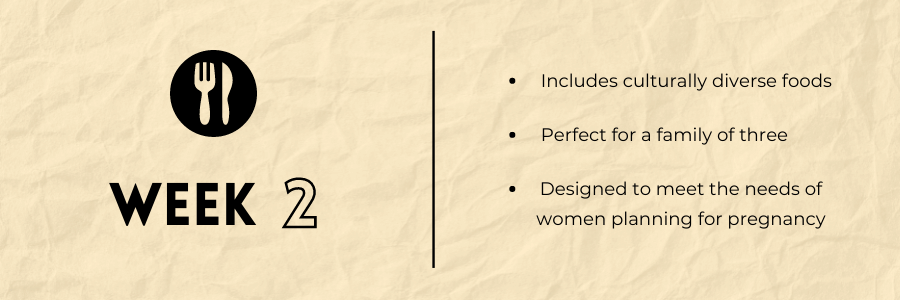
*These meal plans are designed to meet the daily nutrient needs of two adults – a male and female (planning pregnancy), and a 3-year-old toddler.
Each meal has been adjusted to make 2 full serves for each adult, and a 0.5 serve for the toddler. Most meals are eaten twice in the week and could be made in larger quantities to save even more cooking time.
The shopping list includes ingredients to make the number of serves needed for all meals. Prices are based on regional supermarket prices, and seasonal availability. This means prices may vary over the year. If you cannot find, or do not have some of the ingredients in each recipe, check common ingredient substitutes here, ‘Simple Swaps’




